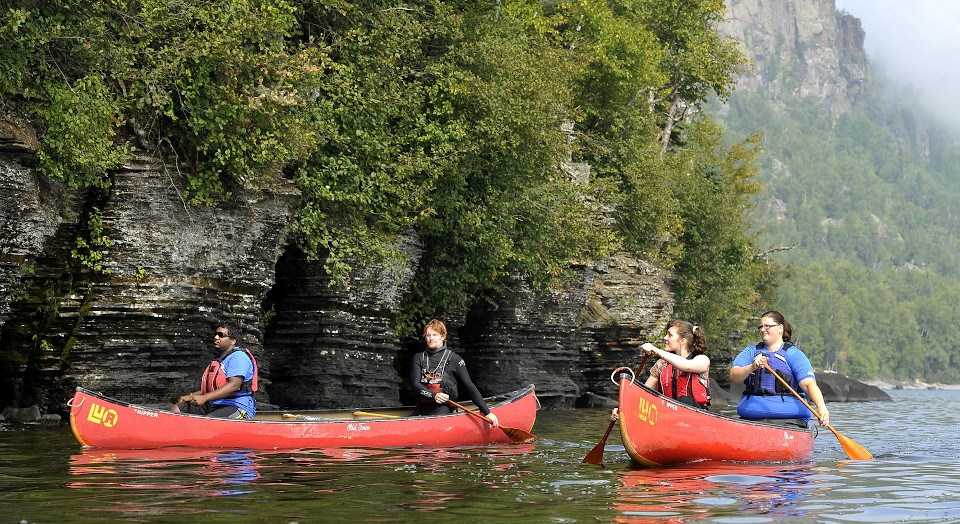THUNDER BAY — Tourism operators and tourism promoters are getting an opportunity to upgrade their skills and improve the chances of expanding their clientele.
In a first for the province, Lakehead University now offers a 12-week Ontario Professional Tourism Industry Specialist rapid training program known as a micro-credential.
Micro-credentials are short, non-credit-earning courses that are typically geared toward people who aren't already enrolled in university, and are tied to the interests and goals of a particular industry.
In the case of the new online course provided by Lakehead, lessons will be delivered in a series of six modules, plus an optional seventh module emphasizing the specific needs of the industry in Northern Ontario.
The timing is appropriate, given that the tourism sector has been hit particularly hard by the COVID-19 pandemic's impact on travel.
Although the industry is regaining strength, the Ontario Chamber of Commerce and Tourism Industry Association of Ontario predict in a report set for release Tuesday that full recovery won't be achieved until 2025.
In a statement announcing the new program, Lakehead University said "With a particular focus on skill enhancement and local COVID-19 response, completing this course will better prepare tourism operators to improve and expand their business."
The course is also aimed at provincial and federal tourism advisors, municipal staff, economic development officers, destination marketing personnel and people in management roles within the tourism sector.
The content of the modules – each of which is eight hours in length and is completed over a two-week period – ranges from product development to marketing, business planning, supporting tourism in the community, and risk, liability and safety issues.
Leigh Potvin, director of Lakehead's School of Outdoor Recreation, Parks and Tourism, said the course was well-received by those who took part a pilot that was rolled out in September and October.
"In this world that we live in ... we're seeing increased demands on professionals to hone their skills in particular areas, and maybe they don't want to go back and do another degree but they want to add to the skills that they have to mobilize them in the work that they do. It's a great opportunity to accentuate the skills they already have," Potvin said in an interview.
She added that this course was created because of demand from the tourism sector.
"Our industry partners were saying 'We need something to help support our small business owners, outfitters, and employees of those organizations to amplify their knowledge in one particular area or a few areas in order to better serve the changing tourism dynamic in the province.'"
Potvin said she hopes participants are able to use what they learn to come up with creative solutions to challenges they encounter in their work, and that they feel better equipped to have conversations in their places of employment.
The course starts on Jan. 9, 2023 with a fee of $2,000 for the six-module Ontario Professional Tourism Industry Specialist micro-credential, or $2,300 for the seven-module Northern Ontario Professional Tourism Industry Specialist program.
The program was created in collaboration with Destination Northern Ontario, the ministry of Colleges and Universities, the Tourism Industry Association of Ontario, Nature and Outdoor Tourism Ontario, Indigenous Tourism Ontario and Société Economique de l'Ontario.
Collège Boréal will also offer both courses in French in 2023.
— TBNewswatch




